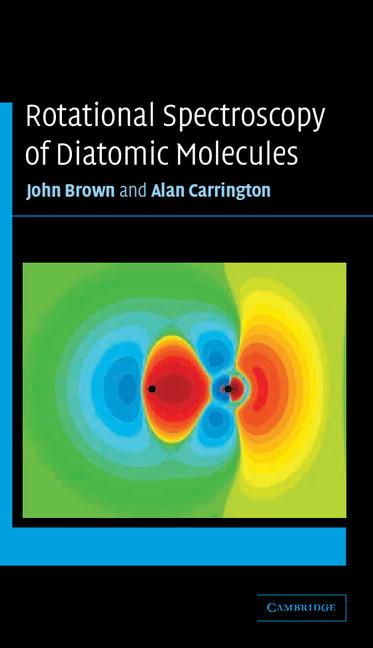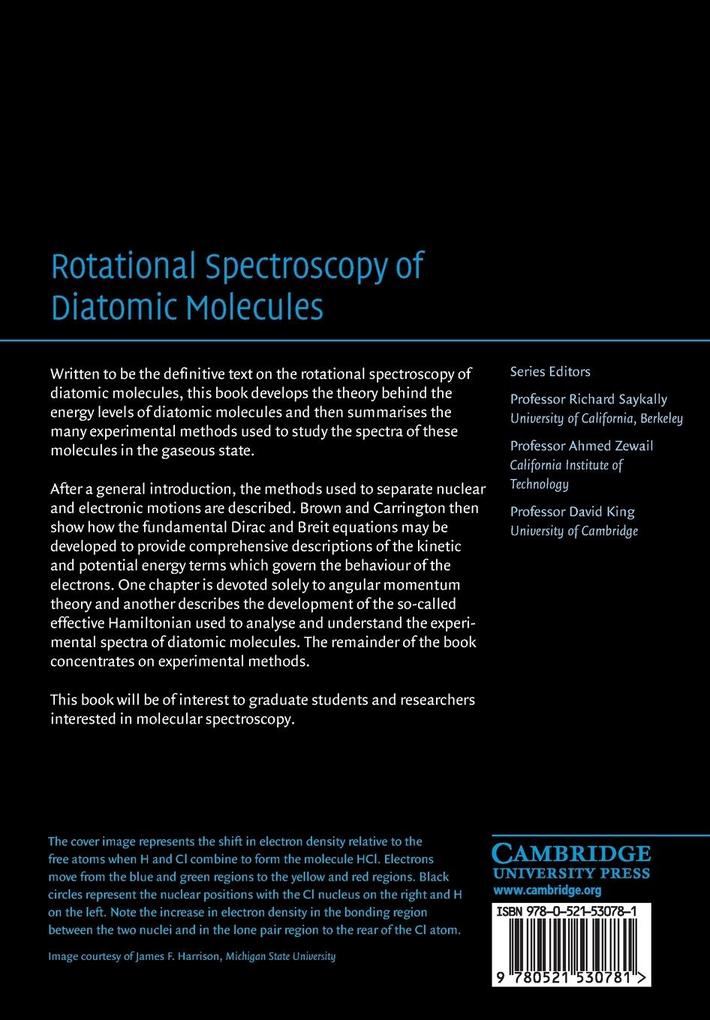Diatomic molecules are important to the physical sciences because they are the basic building blocks of large molecules. Many of the principles which underly our understanding of chemical bonds in molecules were first developed by studying diatomic systems. Starting from fundamental principles, this book develops a theory that analyzes the energy levels of diatomic molecules and summarizes the many experimental methods used to study the spectra of these molecules in the gaseous state.
Inhaltsverzeichnis
1. General introduction; 2. The separation of nuclear and electronic motion; 3. The electronic hamiltonian; 4. Interactions arising from nuclear magnetic and electric moments; 5. Angular momentum theory and spherical tensor algebra; 6. Electronic and vibrational states; 7. Derivation of the effective hamiltonian; 8. Molecular beam magnetic and electric resonance; 9. Microwave and far-infrared magnetic resonance; 10. Pure rotational spectroscopy; 11. Double resonance spectroscopy; Appendices.










